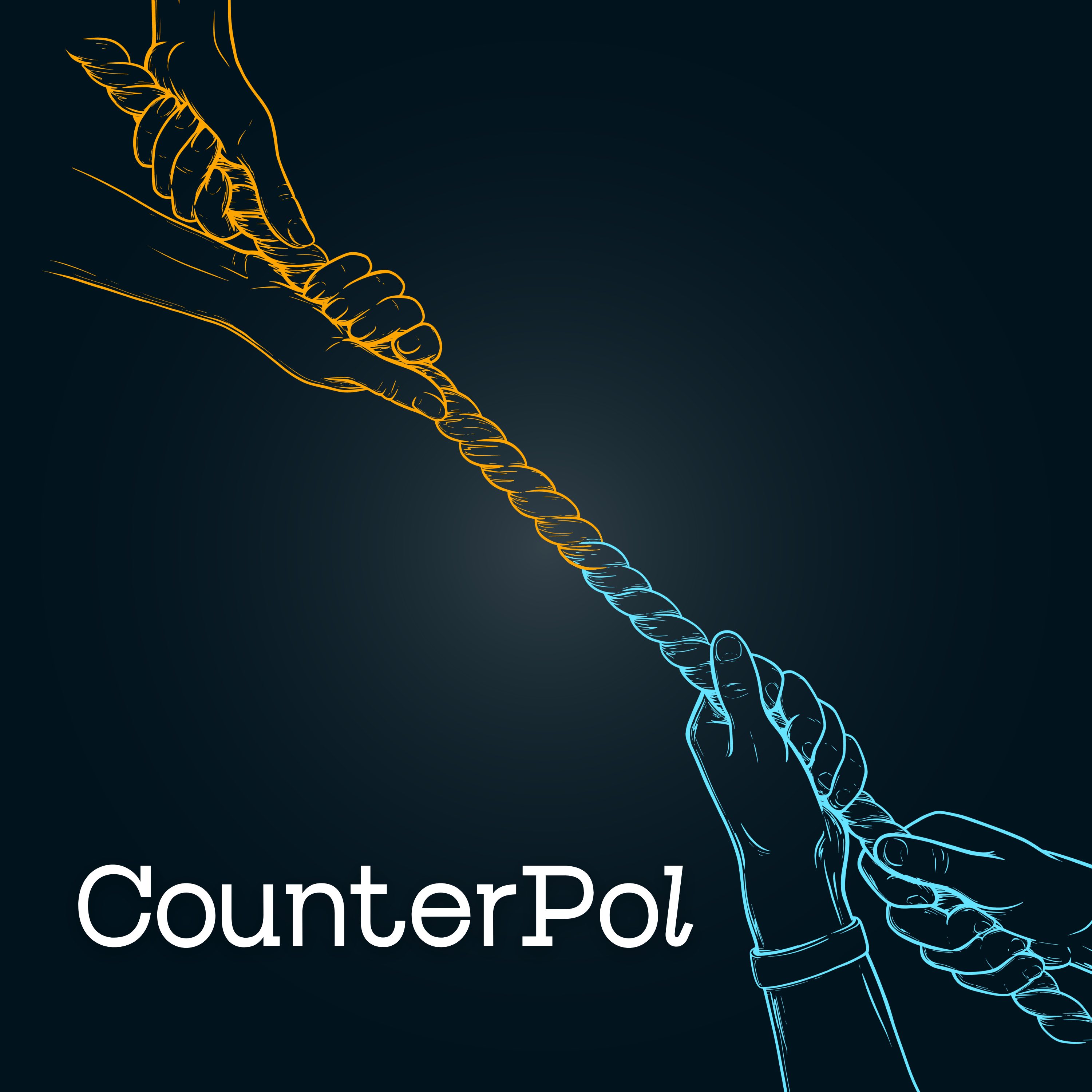Polarization and Civil Disorder with Omar McDoom
What happens when a polarized society turns violent? In Rwanda, decades of tension between the Hutu and Tutsi ethnic groups came to a head in a Civil War that, seemingly overnight, devolved into one of the bloodiest genocides of the 20th century. With concerns about a potential civil war in the United States, it's worth examining what exactly was happening in Rwanda that led to the mass slaughter of Tutsi men, women, and children at the hands of their Hutu neighbours. What, or who, were the main drivers of division between Hutu and Tutsi Rwandans? What were the differences in lived experiences between the two groups? What was going on in the social, political, and cultural institutions in the years leading up to the genocide?
Omar McDoom - takes through a brief yet insightful history of precolonial, colonial, and postcolonial Rwanda, and of the relationship between the Hutu and Tutsi. We learn how those ethnic groups interacted with each other before the European Imperialist period, the impact of Belgian colonization on codifying those ethnic divisions, and what happened after independence that set Rwanda on its tragic course.
There are a lot of parallels to draw between Rwanda just before the start of the genocide and the most perniciously polarized democracies of today. Without establishing false equivalencies, it is essential to take what lessons we can from Rwanda to avoid an overwhelming outbreak of violence to occur elsewhere.
You can find Omar's writings on present-day conflicts here.
Writings and Writers mentioned:
The Origins of Violence: Approaches to the Study of Conflict by Anatol Rapoport
We Wish to Inform You That Tomorrow We Will Be Killed With Our Families by Phillip Gourevitch

